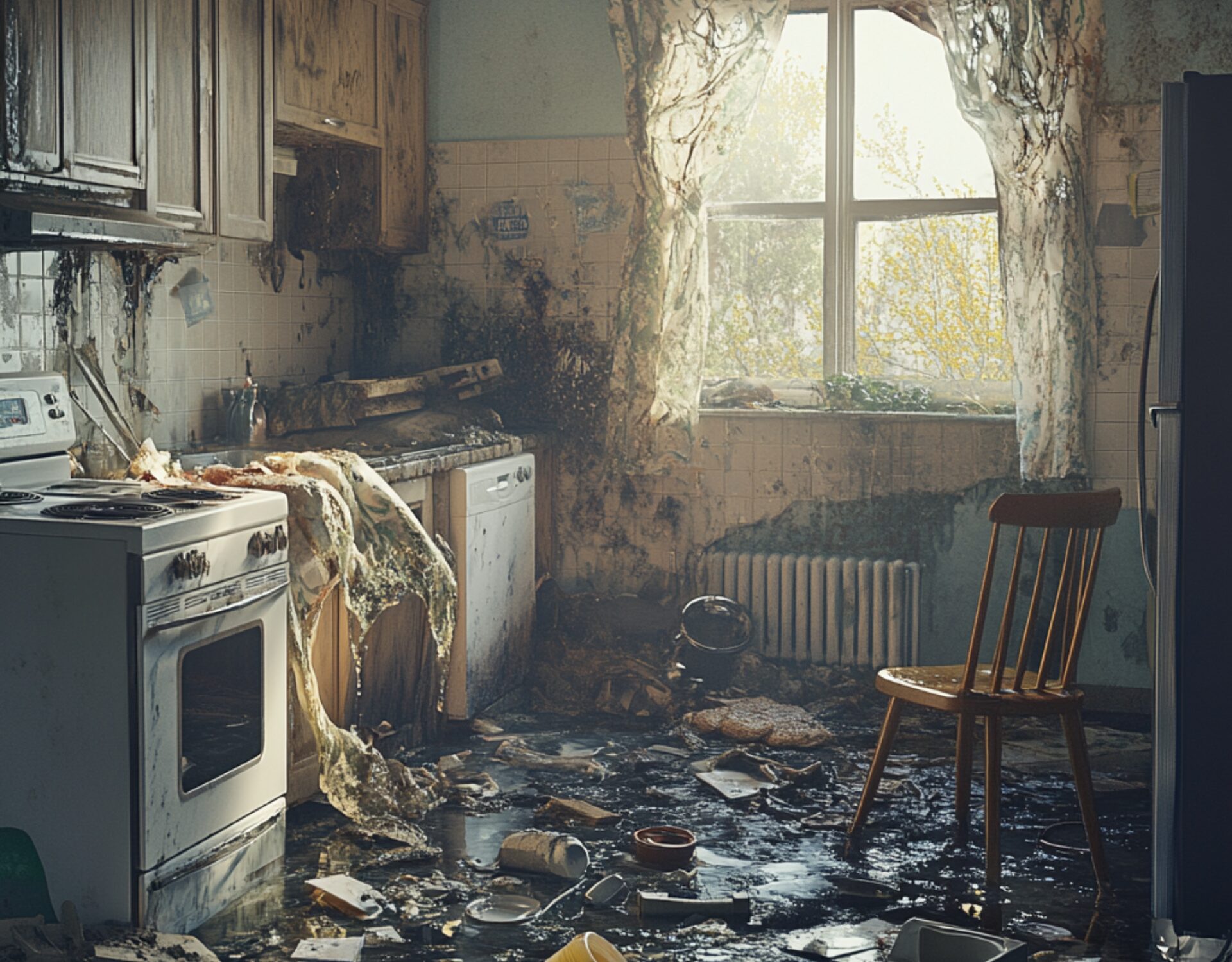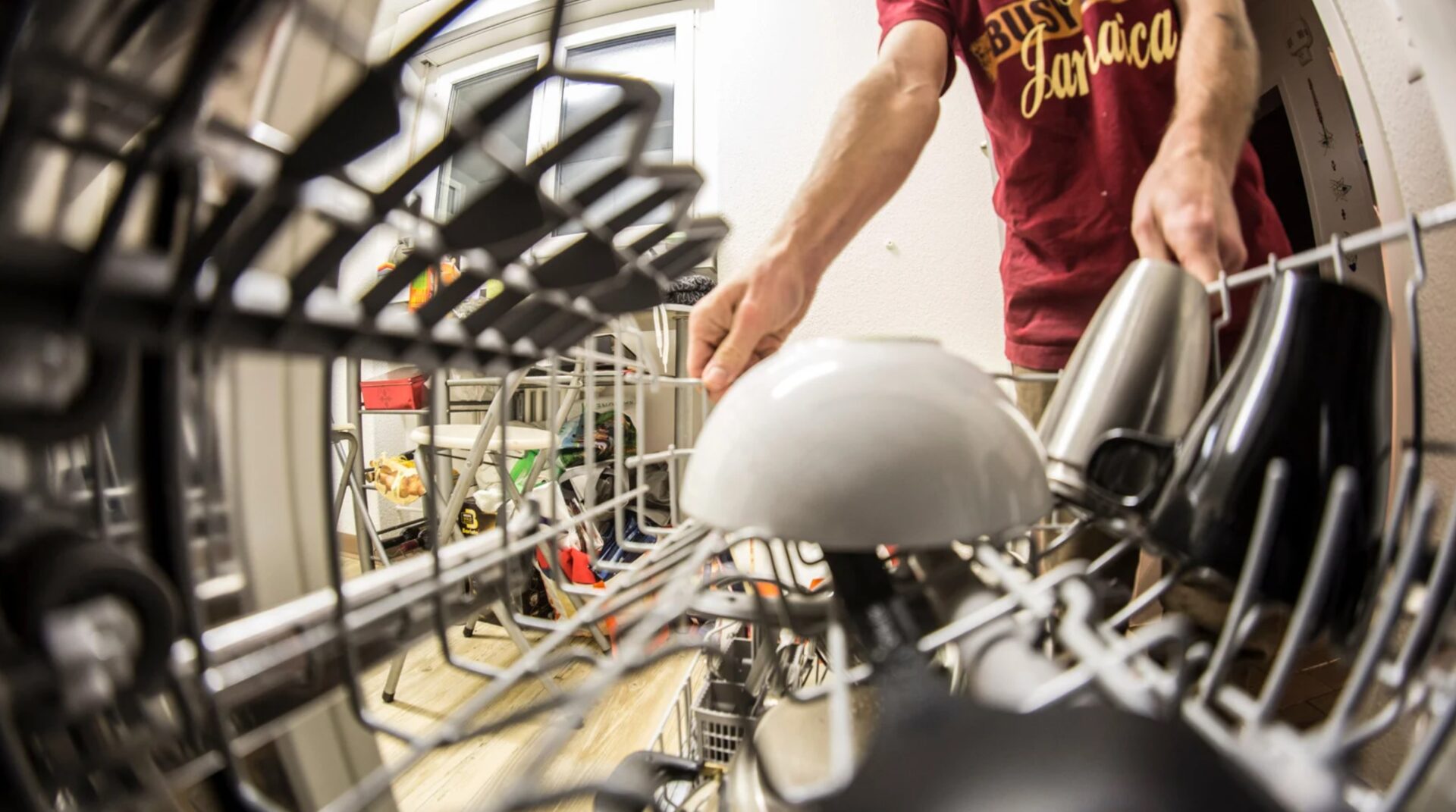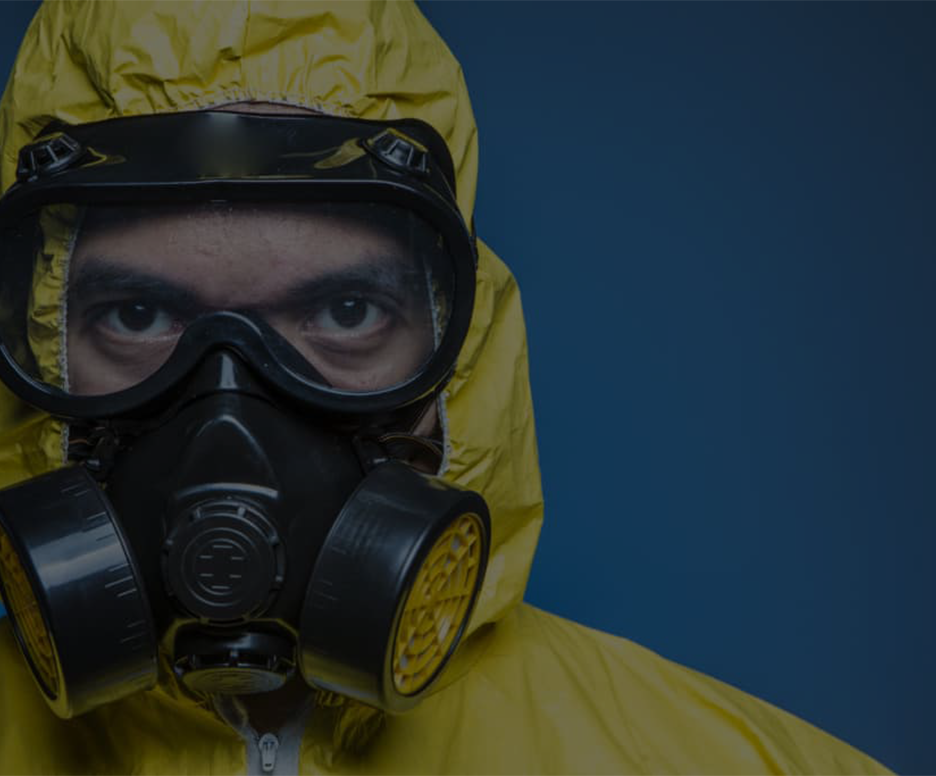
How To Prevent Water Damage From Leaking Appliances
By: 911 Water Damage Experts
Water damage caused by leaking appliances is a common yet preventable issue that can lead to costly repairs and significant disruptions in your home.
Whether it is a dripping washing machine hose or a malfunctioning dishwasher, these leaks can cause structural damage, mould growth, and even compromise the safety of your living space.
Let’s get right into it!
Understanding The Common Causes Of Appliance Leaks
Many factors contribute to leaking appliances, including ageing components, improper installation, and user negligence. Over time, hoses and seals on appliances like washing machines and dishwashers deteriorate, leading to potential leaks. Improper water pressure or clogs can also result in water escaping from appliances.
Common Appliances Prone To Leaks
Washing machines, dishwashers, refrigerators with water dispensers, and water heaters are among the most common culprits of water leaks. These appliances handle significant amounts of water daily, making them prone to wear and tear. Even minor leaks can escalate into major problems if not addressed promptly.
Key Warning Signs Of Leaking Appliances
Recognising the early signs of a leak can save you from extensive damage. Watch for puddles around appliances, unexplained increases in your water bill, or mouldy odours. If you notice a drop in appliance performance, such as dishes not coming out clean or clothes staying damp, it may indicate an underlying leak.
Regular Maintenance Tips To Prevent Leaks
Proactive maintenance is key to preventing leaks and extending the life of your appliances. Simple tasks can make a significant difference in avoiding unexpected water damage.
Inspecting Appliance Hoses And Connections
Regularly inspect hoses for wear, cracks, or bulging. Replace hoses every five years or sooner if you notice any damage. Tighten connections to prevent leaks from loose fittings.
Cleaning And Replacing Components Regularly
Clean filters, drains, and other components to prevent blockages that may lead to leaks. Replace any worn-out parts as recommended by the manufacturer.
Checking Water Pressure Levels
Excessive water pressure can strain hoses and seals, increasing the risk of leaks. Use a water pressure gauge to ensure your home’s water pressure stays within the safe range of 40 to 60 pounds per square inch.
Installing Preventative Measures
Simple preventative measures can greatly reduce the chances of leaks and subsequent water damage.
Water Leak Detectors And Shut-Off Valves
Water leak detectors are affordable and can alert you to even the smallest leaks. Shut-off valves can automatically cut off water supply when a leak is detected, preventing extensive damage.
Drainage Pans And Overflow Protection
Placing drainage pans under appliances like washing machines and water heaters can catch leaks before they reach your floors. Overflow protection systems can also be installed to redirect excess water away from critical areas.
Best Practices For Appliance Installation And Placement

Proper installation and strategic placement of appliances can help prevent leaks from the start. Ensure appliances are placed in well-ventilated areas to prevent overheating and condensation, both of which can contribute to leaks.
Proper spacing also allows you to inspect for leaks more easily. Always follow the installation instructions provided by the appliance manufacturer. Incorrect installation can void warranties and increase the likelihood of leaks.
Steps To Take In Case Of A Leak
Even with preventative measures in place, leaks can still happen. Knowing how to respond quickly can minimise damage.
Immediate Actions To Minimise Damage
Turn off the water supply to the leaking appliance immediately. Use towels or a wet vacuum to clean up any standing water and prevent it from spreading.
Contacting Professional Water Damage Restoration Services
For significant leaks, contact a professional water damage restoration service. They can assess the extent of the damage and recommend solutions to prevent long-term issues like mould growth.
The Cost Implications Of Appliance Leaks
Leaking appliances can lead to unexpected expenses, but understanding these costs can motivate homeowners to take preventative steps.
Repairs And Replacements
The cost of repairing or replacing an appliance damaged by leaks can range from $150 to over $1,000, depending on the severity of the issue and the type of appliance.
Potential Home Insurance Coverage
Many home insurance policies cover water damage caused by sudden and accidental appliance leaks, but they may not cover damage due to negligence. Check your policy details to understand your coverage.
FAQs
What appliances are most likely to cause water damage?
Washing machines, dishwashers, refrigerators with water dispensers, and water heaters are most likely to cause water damage due to their frequent water usage and susceptibility to wear and tear.
How often should I check my appliances for leaks?
It is recommended to inspect your appliances for leaks every three to six months to catch any potential issues early and perform necessary maintenance.
Are there specific tools to detect appliance leaks?
Yes, tools like water leak detectors and moisture meters can help identify leaks early. These devices are affordable and widely available at hardware stores.
What type of hose is best for preventing leaks in appliances?
Braided stainless steel hoses are highly recommended as they are more durable and less prone to bursting compared to rubber hoses.
Can water leak detectors be installed on any appliance?
Water leak detectors can be installed near most appliances prone to leaks, such as washing machines, dishwashers, and water heaters.
How can I tell if water pressure is too high for my appliances?
A water pressure gauge can measure the pressure in your home. If the reading exceeds 60 pounds per square inch, consider installing a pressure regulator.
Do appliance leaks always require professional repairs?
Not all appliance leaks require professional repairs. Minor issues like loose connections can be fixed by homeowners, but larger leaks may require expert assistance.
What steps can I take to reduce the risk of leaks from older appliances?
Regular maintenance, timely replacement of parts, and the use of water leak detectors can reduce the risk of leaks from older appliances.
Will home insurance cover water damage from leaking appliances?
Most home insurance policies cover sudden and accidental water damage from leaking appliances, but they may not cover damage resulting from neglect.
How can I prevent mould growth after an appliance leak?
Clean and dry the affected area immediately to prevent mould growth. Use a dehumidifier and ensure adequate ventilation to reduce moisture levels.
Conclusion
Preventing water damage from leaking appliances is not only about avoiding costly repairs but also about protecting your home and family.
By performing regular maintenance, installing preventative measures, and addressing leaks promptly, you can save yourself from unnecessary stress and expenses. Take action today to safeguard your home from the potential risks of leaking appliances.
If you have any questions about our article “How To Prevent Water Damage From Leaking Appliances” or need water damage restoration services contact us at 1-833-WE-DRY-IT or connect with us on social media.
Related Posts
Mould Removal Restoration Articles
5 Signs You Have Mould Growing In Your Walls
“Can I Remove Mould Myself?” Our Mould Removal Experts Have Answers
7 Must-Know Reasons Why You Should Get A Mould Inspection Before Buying A House
Does Mould Attract Bugs? Yes And Here’s What Kind And Why
How To Remove Mould From The Attic [Mould Prevention Tips Inside]
How Rain Causes Mould Growth-Prevention Tips Included
Must-Know Tips: How To Remove Mould In Your Basement
Water Damage Restoration Articles
What you can expect from a fire damage restoration company
Water damage prevention tips from the most common problems we’ve seen
Top causes of water damage in commercial buildings and how to find them
Must-know water damage tips: What to do after your house floods
What does good water damage restoration look like?
DIY water damage restoration and the hidden dangers
How to choose the right water damage company
Flast floods: What to do before, during and after a flash flood
What to do when your attic leaks?
Fire Damage Restoration Articles
How to clean up after a house fire
Fire damage restoration checklist
Fire damage tips: 6 hazards property owners miss
How smoke from fires can negatively affect your health
What are the most common causes of house fires?
10 helpful smoke damage cleaning tips
Related Water Damage Services
Fire damage restoration services
Water damage restoration services
Emergency cleanup services
Mould removal services
Weather damage services

